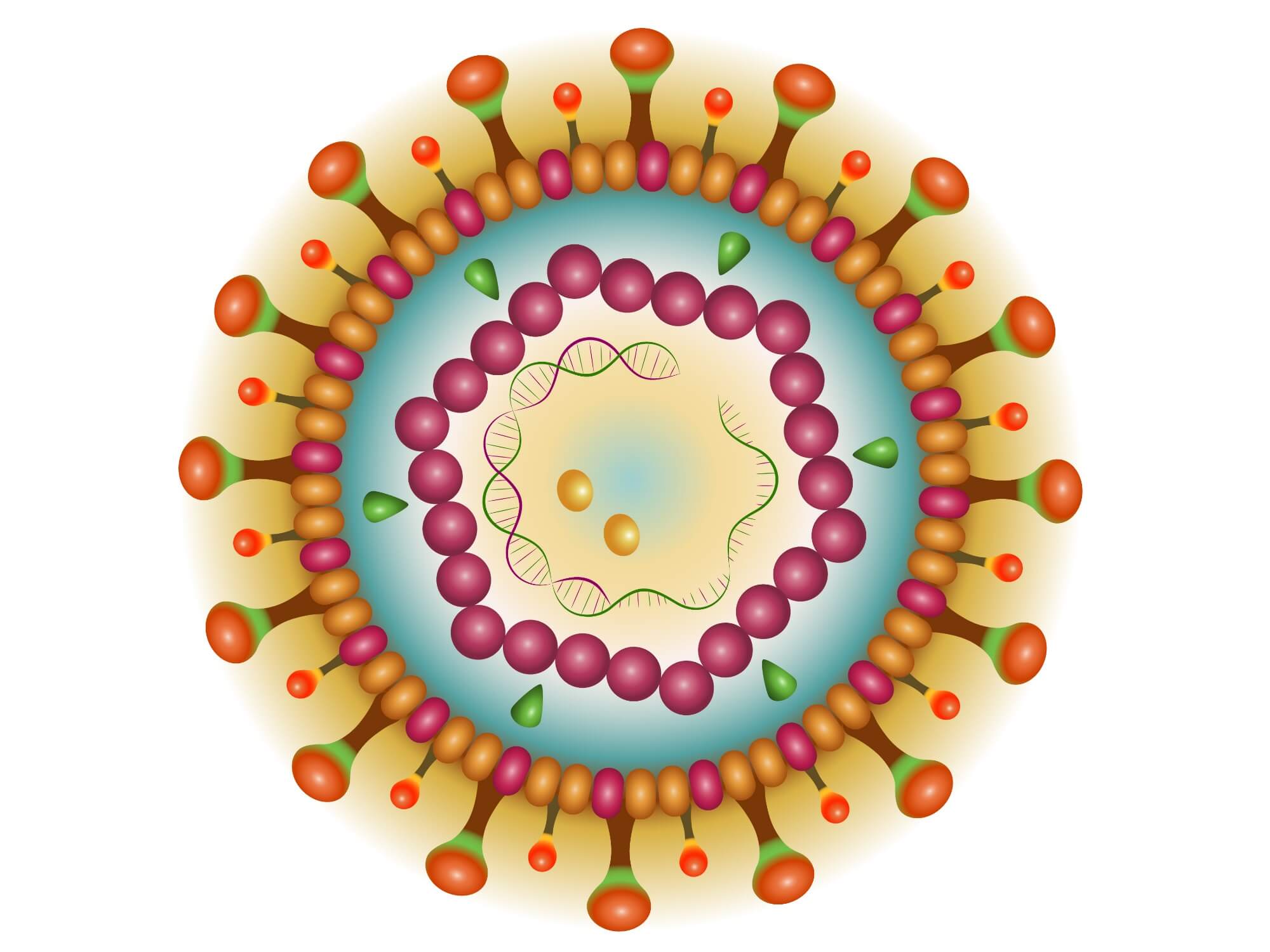Hepatitis B virus (HBV) is a major global public health threat with over 257 million people worldwide chronically infected and over 887,000 deaths per year. 4.7 million people live with HBV in the European Union (EU) and European Economic Area (EEA). The W.H.O estimates that HBV causes almost 40% of the cases of hepatocellular carcinoma (HCC), which is the second leading cause of cancer-related mortality worldwide. HBV kills nearly 900,000 people around the world each year. The current prophylactic vaccine has no impact on established chronic infection. The currently available treatments do not eliminate infection; they include nucleoside analogues (NUC) which only suppress viral replication and Interferon alpha (IFN) which induces a sustained off-treatment viral suppression in only a minority of patients. In total, among the treated patients observed for 5 years, only 10% of patients lose HBsAg and reach the endpoint of functional cure that allows treatment cessation.
These treatments are not curative largely due to:
- the failure of chronically infected patients to mount an immune response that is sufficiently robust, functional and sustained to clear the infection;
- the persistence of the viral covalently closed circular DNA (cccDNA) transcriptional template in infected hepatocytes.
Thus, in most cases, treatments are lifelong. Developing novel cure strategies with finite duration of treatment would certainly improve the management of patients and the prevention of HBV- associated liver disease complications and help treat more patients in the highly endemic countries that cannot afford lifelong therapies and their monitoring.

